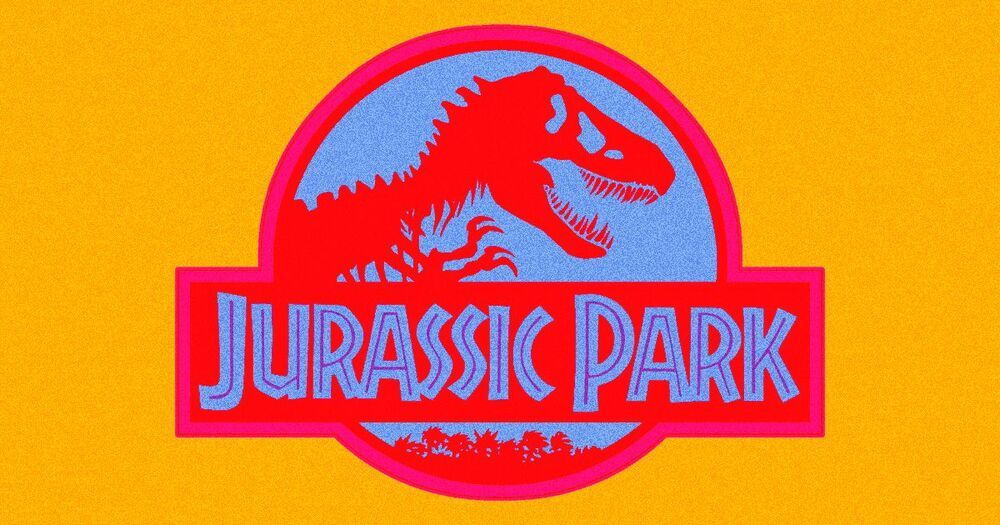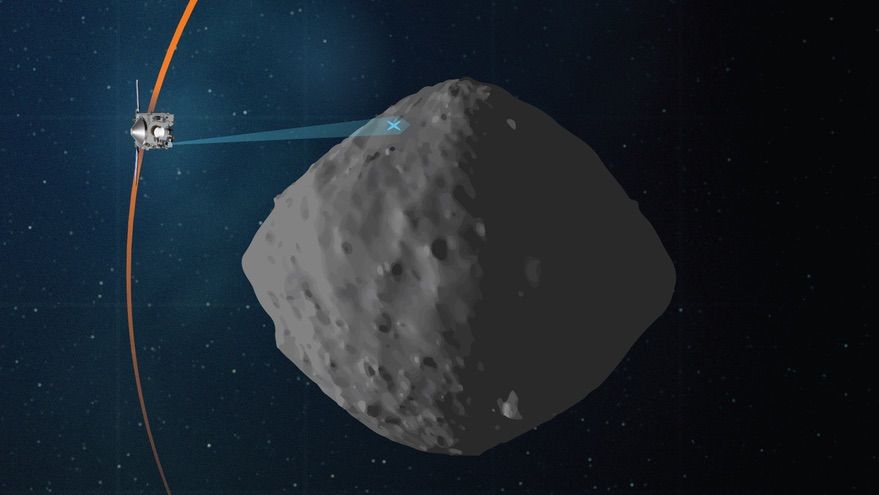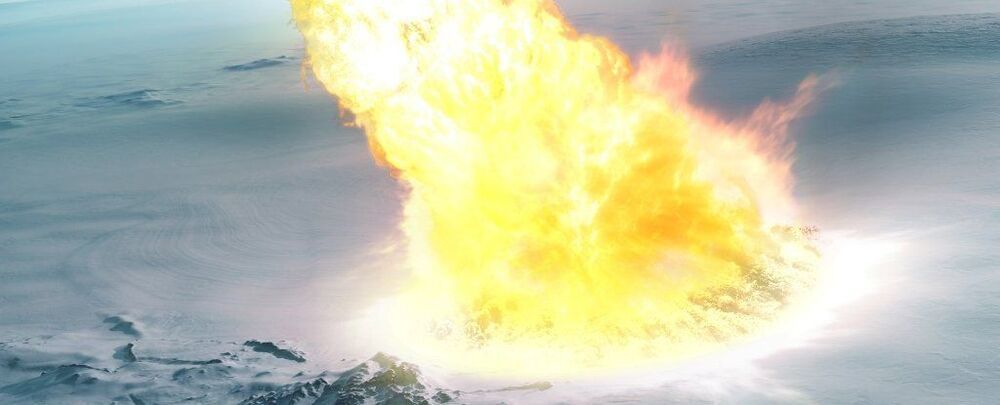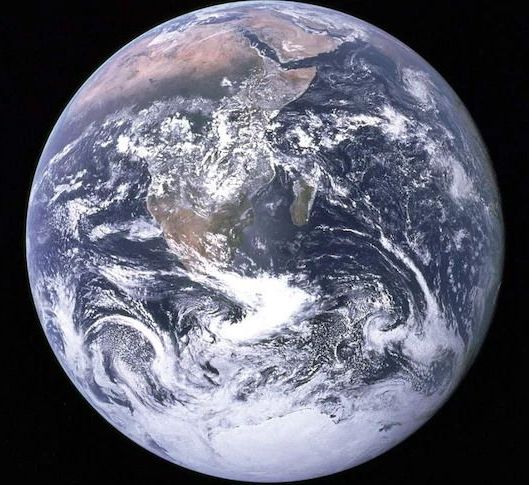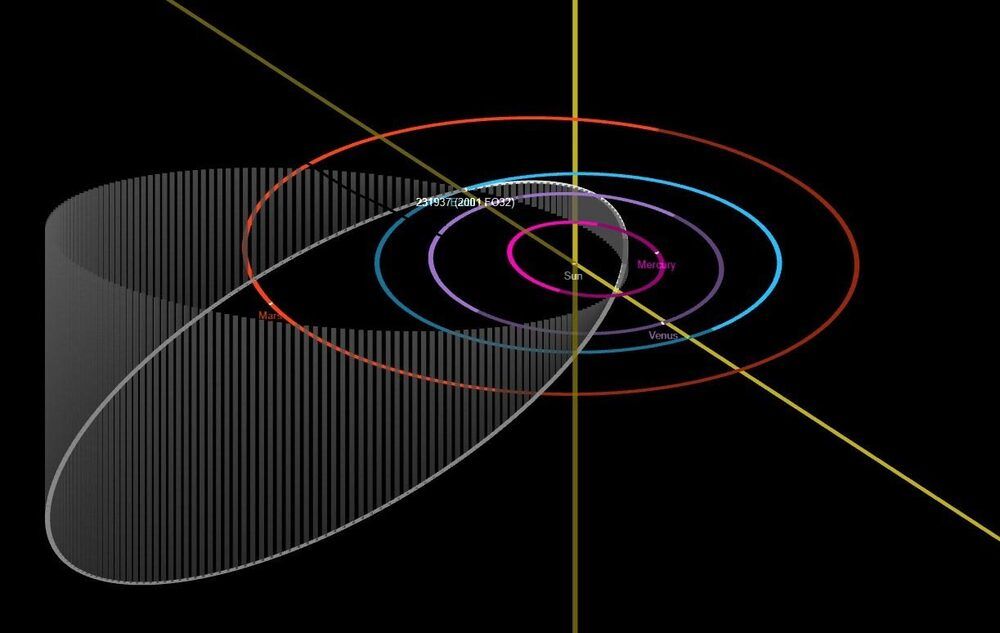Stephen Hawking thought an asteroid impact posed the greatest threat to life on Earth. Thanks to Kiwico for sponsoring this video. For 50% off your first month of any crate, go to https://kiwico.com/veritasium50
For other potential world ending catastrophes, check out Domain of Science: https://ve42.co/DoS
Special thanks to:
Prof. Dave Jewitt from UCLA Earth, Planetary, and Space Sciences.
Prof. Mark Boslough from Sandia National Labs.
Scott Manley: https://www.youtube.com/user/szyzyg.
Ryan Wyatt at Morrison Planetarium.
Prof. Amy Mainzer.
Alexandr Ivanov for the opening shot of Chelyabinsk Meteor.
Maps of Asteroid Impacts —https://ve42.co/Map.
Time passing animation from Universe Sandbox — http://universesandbox.com/
Opposition Effect — https://ve42.co/Belskaya2000
Belskaya, I. N., & Shevchenko, V. G. (2000). Opposition effect of asteroids. Icarus, 147, 94–105.
Potentially Hazardous Asteroids — https://ve42.co/Perna2013


